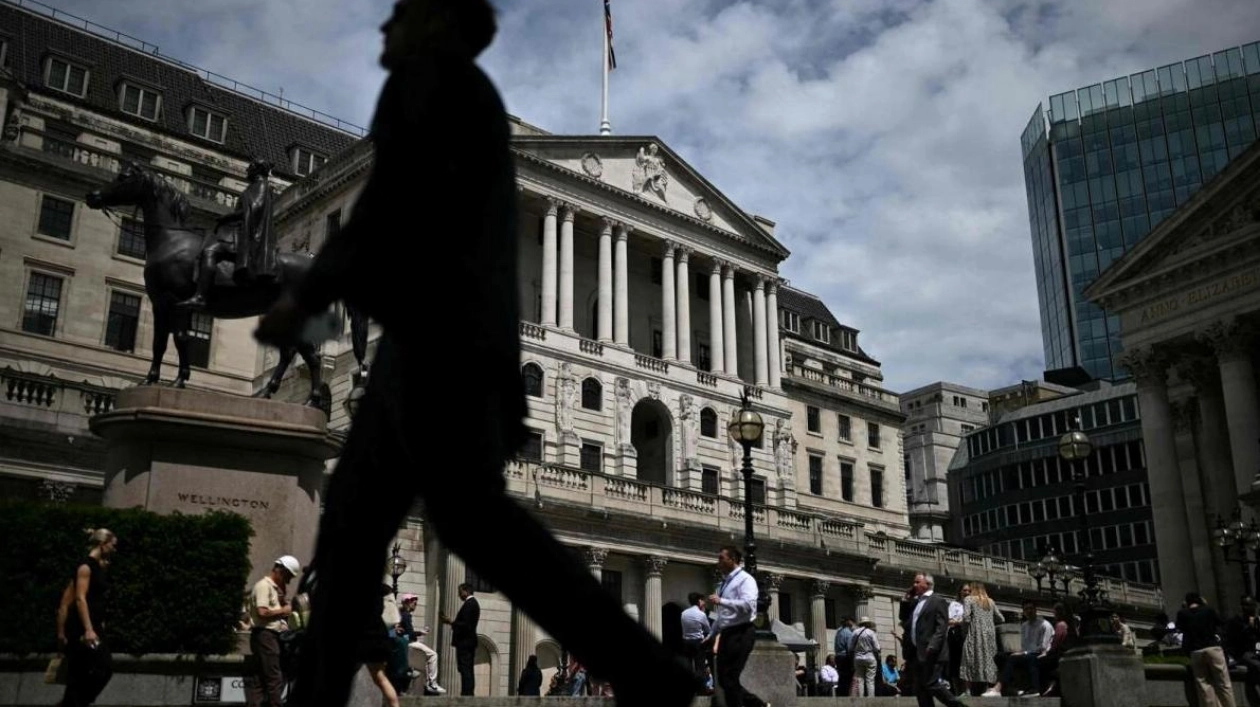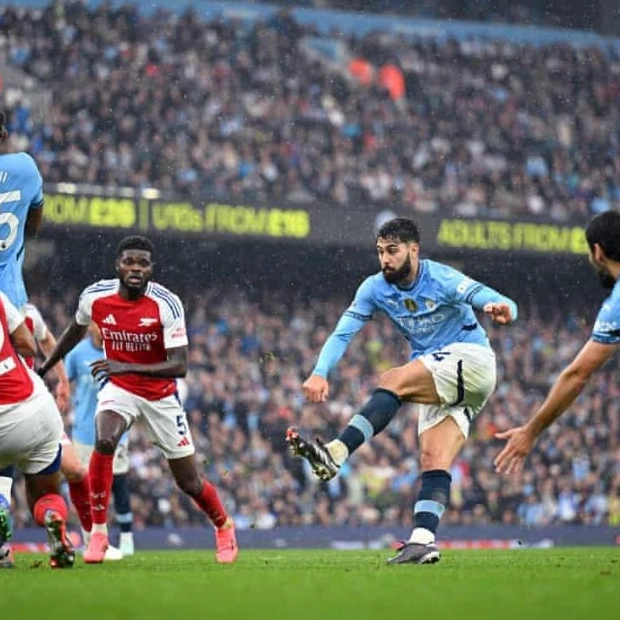The Bank of England maintained its key interest rate at a 16-year peak of 5.25% during its final meeting before the UK election on July 4. However, the likelihood of a future rate reduction has increased as certain policymakers indicated their stance was now 'finely balanced'. The Monetary Policy Committee of the BoE voted 7-2 to maintain rates, aligning with expectations from a Reuters survey of economists. Deputy Governor Dave Ramsden and external MPC member Swati Dhingra were the sole advocates for a rate decrease to 5%. BoE Governor Andrew Bailey remarked that it was 'good news' that inflation had returned to the 2% target, as reported on Wednesday, but cautioned that it was premature to reduce rates. 'We need to ensure that inflation remains low, which is why we have decided to keep rates at 5.25% for now,' he stated. Last month, Bailey expressed optimism about the data trending favorably for a rate cut. Following the announcement, the pound declined against the US dollar, and UK government bond yields fell as investors anticipated a higher probability of an early rate cut. Market expectations for a rate cut on August 1, following the BoE's next meeting, rose to 55% from about 30% prior to Thursday's decision. This BoE vote comes after the European Central Bank's recent decision to begin cutting rates and the Swiss National Bank's second rate cut of 2024 earlier on Thursday. A Reuters poll anticipates the Federal Reserve will start reducing US rates in September, while economists predict the BoE will act a month earlier. 'We still anticipate the MPC to cut rates in August, but this is not certain,' commented Alpesh Paleja, interim deputy chief economist at the Confederation of British Industry. Any rate cut is expected to be too late for Prime Minister Rishi Sunak, whose Conservative Party trails the opposition Labour Party by around 20 points in pre-election polls. While Sunak claims credit for the decline in inflation since his October 2022 appointment, when it was at an 11.1% 41-year high, Labour attributes high mortgage rates to economic mismanagement by the Conservatives' previous leader, Liz Truss. The BoE clarified that the upcoming election did not influence its decision. The BoE forecasts inflation to exceed the target as the impact of past energy price decreases ceases to affect annual inflation data, reiterating its May projection that inflation will be around 2.5% in the second half of 2024. However, the central bank's policy minutes indicated that the decision to hold rates was 'finely balanced' for some MPC members, suggesting it may be nearing a rate cut. Indicators of inflation persistence, primarily wage growth and services inflation, have eased since May but remain elevated. MPC members who found the rate cut decision 'finely balanced' placed less emphasis on the higher-than-expected May services inflation, attributing it to a nearly 10% increase in the UK's minimum wage and annual price adjustments reflecting past inflation, factors they do not anticipate will significantly impact future inflation. 'The description of the decision as 'finely balanced' for some voters signals that an August rate cut is actively being considered,' noted Peter Arnold, chief economist at EY UK. For other MPC members, high services price inflation and faster-than-expected wage growth reinforced their view that it is too early to cut rates. Services price inflation has declined less than the BoE anticipated in May, dropping only to 5.7% instead of 5.3%, and private-sector wage growth is nearly double the rate compatible with 2% inflation. Since the election campaign's start, the BoE has observed a self-imposed silence, canceling public events. Prior to this, BoE Chief Economist Huw Pill criticized an overemphasis on a June rate cut as 'ill-advised,' but both he and Deputy Governor Ben Broadbent, who is retiring at the month's end, suggested a rate cut over the summer was possible. The BoE initiated rate hikes in December 2021, ahead of other major central banks, reaching the current peak in August 2023.

Text: Lara Palmer
20.06.2024
Bank of England maintains 5.25% rate, but signals potential for cuts as inflation returns to target.





